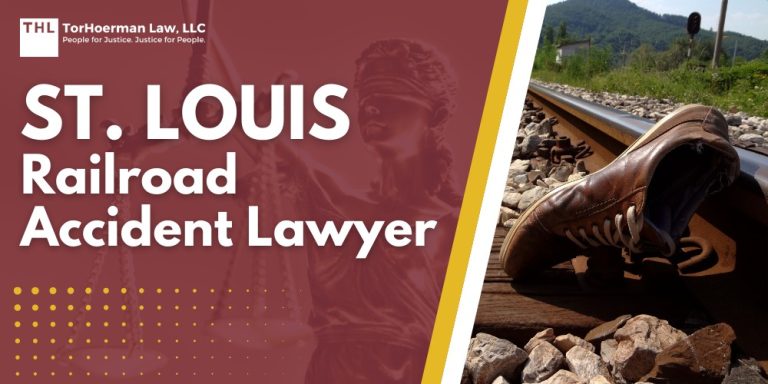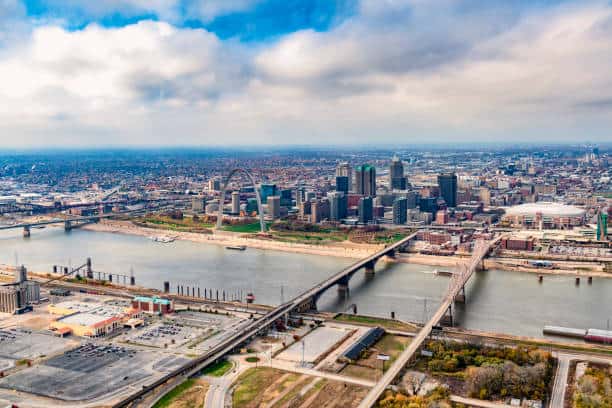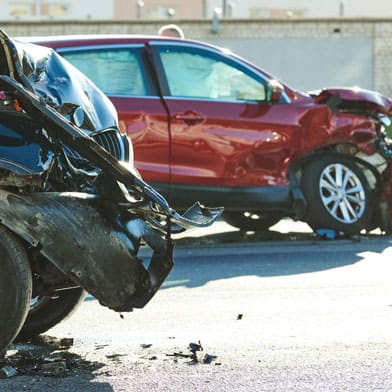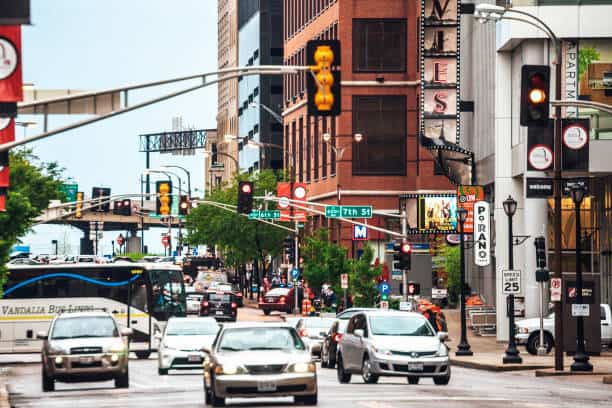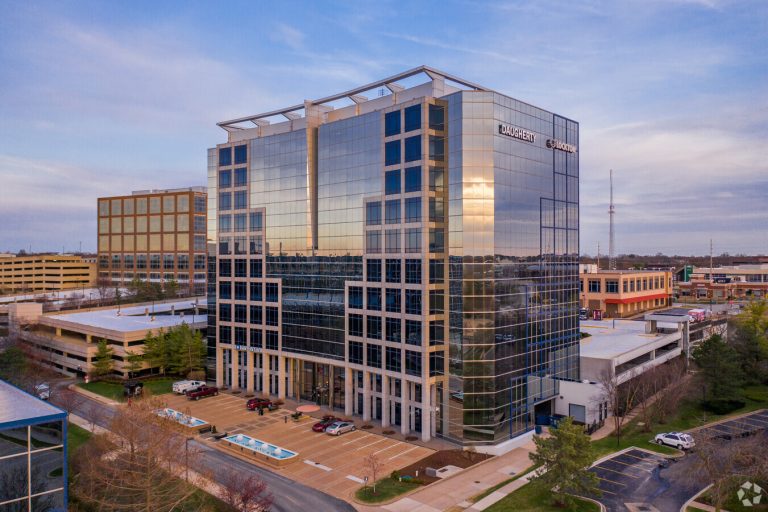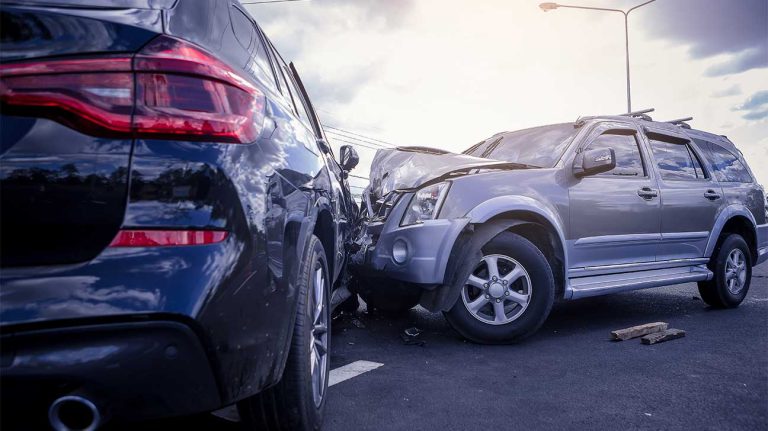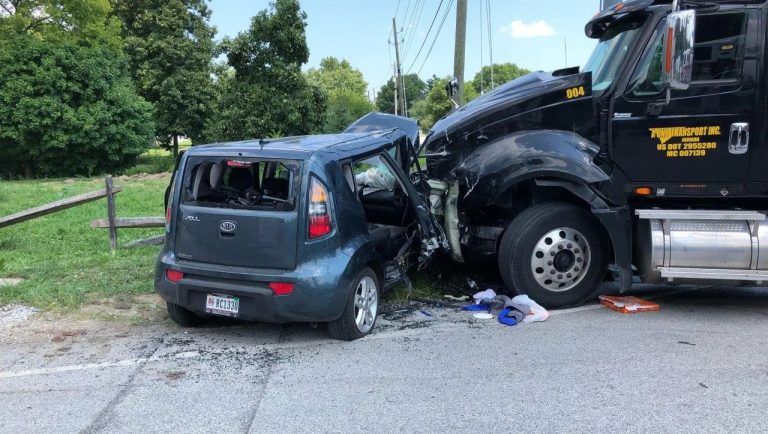The Federal Employers Liability Act (FELA) was designed to protect railroad workers by offering them legal recourse when employer negligence results in injury or illness.
Unlike workers’ compensation, FELA is fault-based, meaning that the injured worker must demonstrate that their employer’s negligence contributed to their injuries.
This distinction makes FELA more complex but also offers the potential for more significant financial compensation, as it allows workers to seek damages for pain and suffering, lost wages, and other consequences of the injury.
The law requires railroad employers to provide employees with a reasonably safe working environment.
This duty includes the following responsibilities:
- Maintaining equipment and machinery in good working condition
- Providing adequate training and supervision for employees
- Implementing safety protocols to prevent accidents and injuries
If an employer fails to meet these obligations, they may be held liable for any resulting injuries.
These include both physical injuries from accidents and illnesses caused by exposure to toxic substances, such as asbestos or diesel exhaust.
Injured workers have the right to file a Railroad Injury Lawsuit under FELA.
Contact TorHoerman Law today for a free consultation.
Use the chatbot on this page for an instant case evaluation to find out if you qualify for a FELA claim.
Who Is Covered Under FELA?
FELA provides a necessary safety net for those who work in the often hazardous railroad industry.
This legislation is designed to ensure that a broad spectrum of workers, from those on the trains to those maintaining the tracks, have protection under the law.
FELA applies to all employees of railroad companies engaged in interstate commerce, covering a wide range of railroad workers, including:
- Engineers and conductors
- Maintenance crews and track workers
- Yardmasters
- Signal operators and equipment handlers
If you work in any of these roles and have been injured while performing your job duties, you may be eligible to file a FELA claim.
However, proving negligence in these cases can be challenging, which is why hiring a Train Accident lawyer is essential to securing the compensation you deserve.
If you are unsure if your job qualifies you for FELA protection, the Railroad Injury Lawyers at TorHoerman Law can help you determine your legal options and rights.


